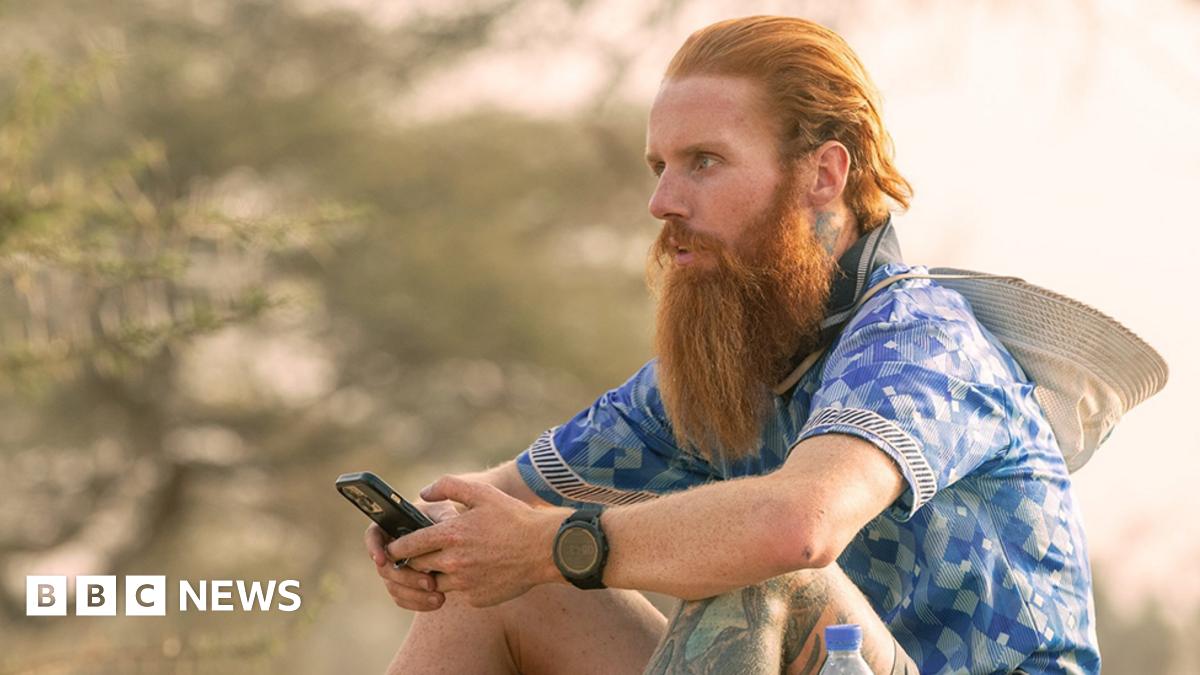I gave up smoking in July 1981 and started cycling to pubs. As the months progressed the pubs got further away. The following April I entered a 200k event, followed by a 300k then a 700k within a period of about two months. The following May I did the 1400k Lands End to John O' Groats in a 102 hours. After about 300 miles, my left ankle swelled up like a balloon, the cleats on my shoe were slightly out of line. I took the left cleat off, it was painful to walk, but it was okay cycling. When I had finished, the swelling had gone down.
We cycled through the first night, I had around six hours sleep the second night. I messed up on the third night. I had something to eat by the Forth Bridge, and thought I could make Perth by around 10pm and find a hotel. Perth was like a ghost town, I asked at the police station, they said I should try Pitlochry about thirty miles up the road. It was cold and wet, I became extremely tired very quickly, and it took about seven hours to do the 30 miles. About fifty miles from the end, boredom set in, I thought, what is the point, I only have to return to Inverness for a train home. I carried on to the finish, had a pub lunch, then we cycled about 200k back to Inverness, followed by a 200k event the next day, making a total of around 1800k in a week.
I thought I was done with distance riding, and changed my bike to a single speed fixed wheel, meaning you have to peddle every inch of the way. My friends were going to ride the 1200k Paris Brest Paris three months later, I said I wasn't interested. That is until a friend said in jest, why don't you ride it on the fixed. This appealed to my sense of humour, no other way to explain it, at that point, I had managed about a 200k event on the fixed. I entered a 600k and packed after about 400k, I entered a 1,000k and packed after about 600k. There was now one month to go, and there was nothing more I could do. With my list of failures, it was reasonable to assume I would not make the 1,200k. But there are ways to fool the mind, I said to my friends, we can cycle about 200k to the start, and ride back after.
It doesn't make sense to me forty years later, but adding the extra 400k made the 1,200k seem easy. The event is held every four years, over two thousand riders entered from all over the world. I was the only one to start and finish on a single speed fixed. I turned the peddles round about 225,000 times in 84 hours, plus about another 80,000 times to and from the event. I rode a fairly low gear for climbing hills. The long descents were exhilarating, your feet are strapped to the peddles and and I turned the peddles up to 240rpm. I could beat most people down hills. In context, when you see the Tour De France riders sprinting to the finish, they will be turning the peddles round about a 100rpm slower. They will be pushing much bigger gears.
A few years later in my mid forties, I brought a penny farthing with the thought of riding Lands End to John O Groats. Sadly, it was not a brilliant bike, and if you have ever been over the handlebars on a penny farthing, you know it hurts. I rode it again after, but it would not have been suitable for a long ride, I would have had to pay a lot of money for another bike, so I abandoned that idea.
In conclusion, I know I could have done more, but there comes a time when you ask, what is the point. I had achieved far more than I ever thought possible.
About 80% of my goals were down to a mental attitude, about 20% of the success was down to physical abilities and skill. I believe we all have abilities to do more than we think is possible.


